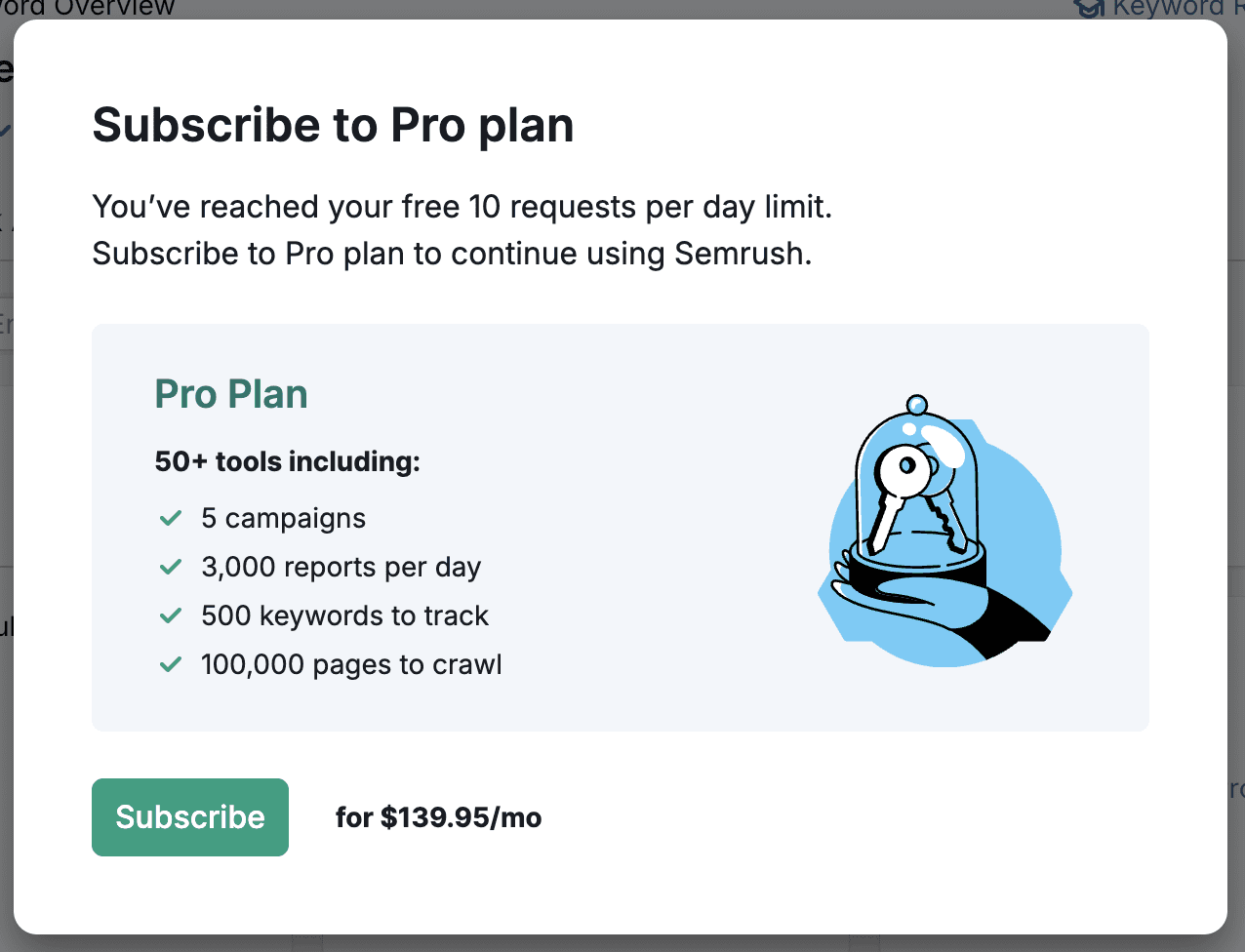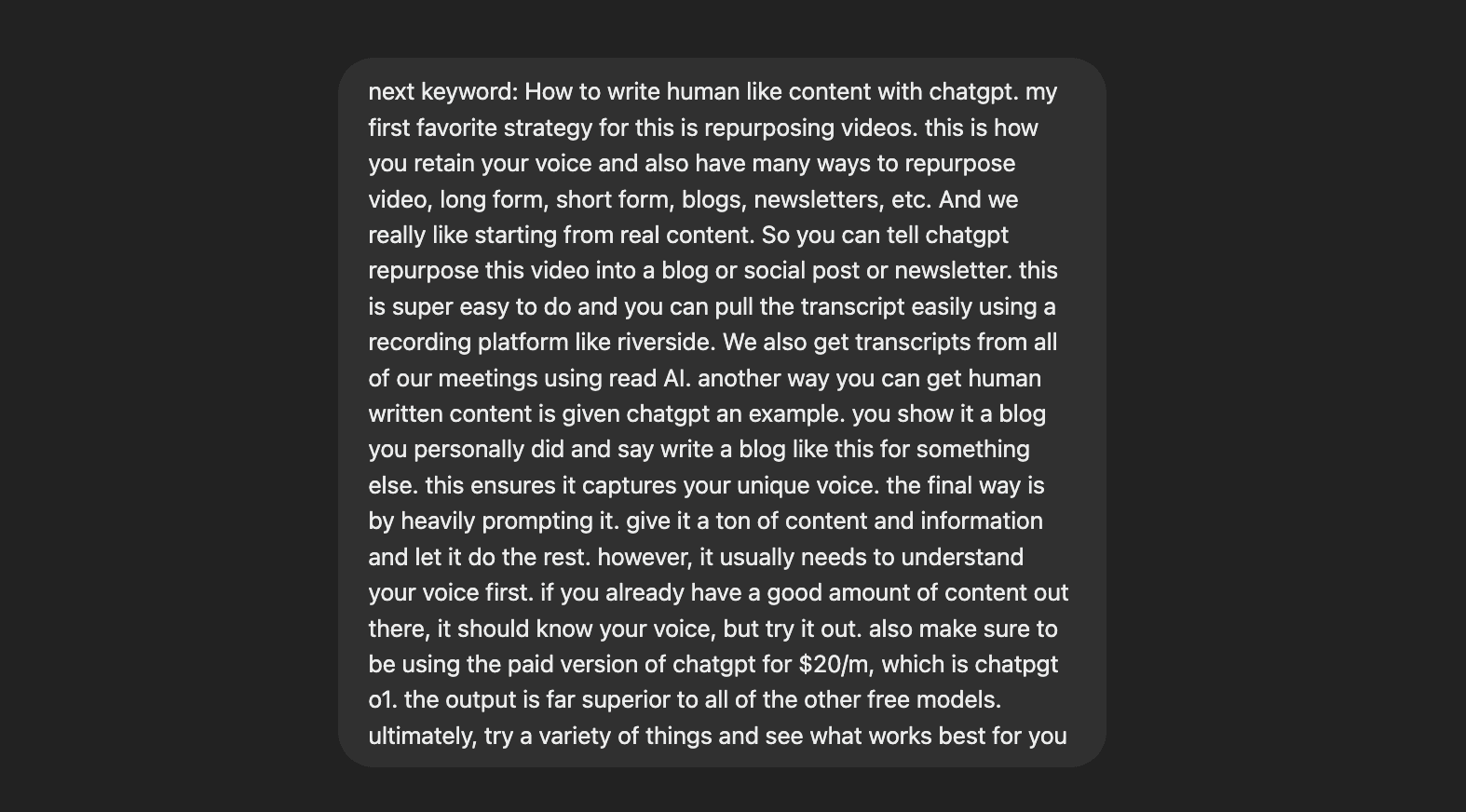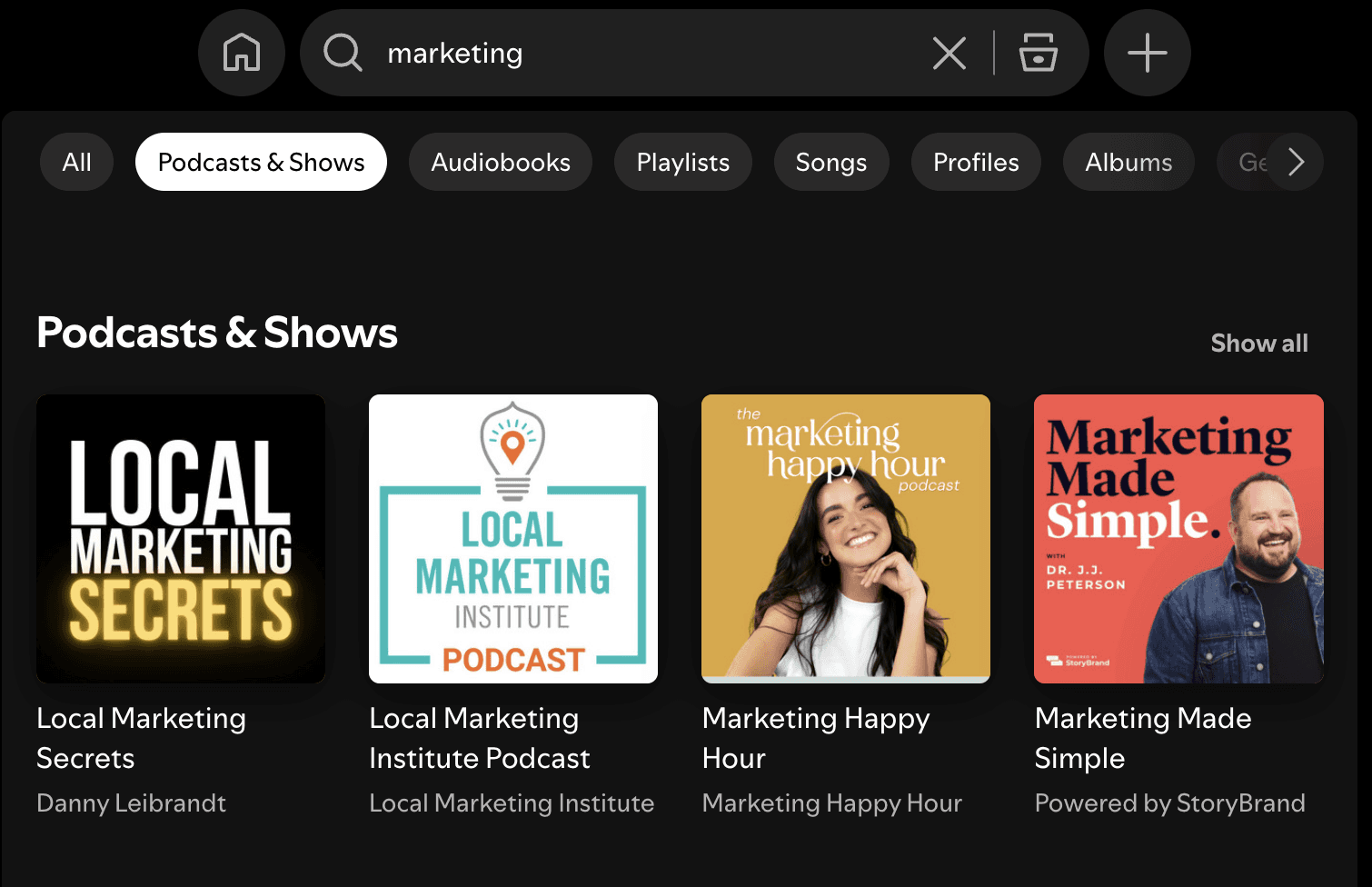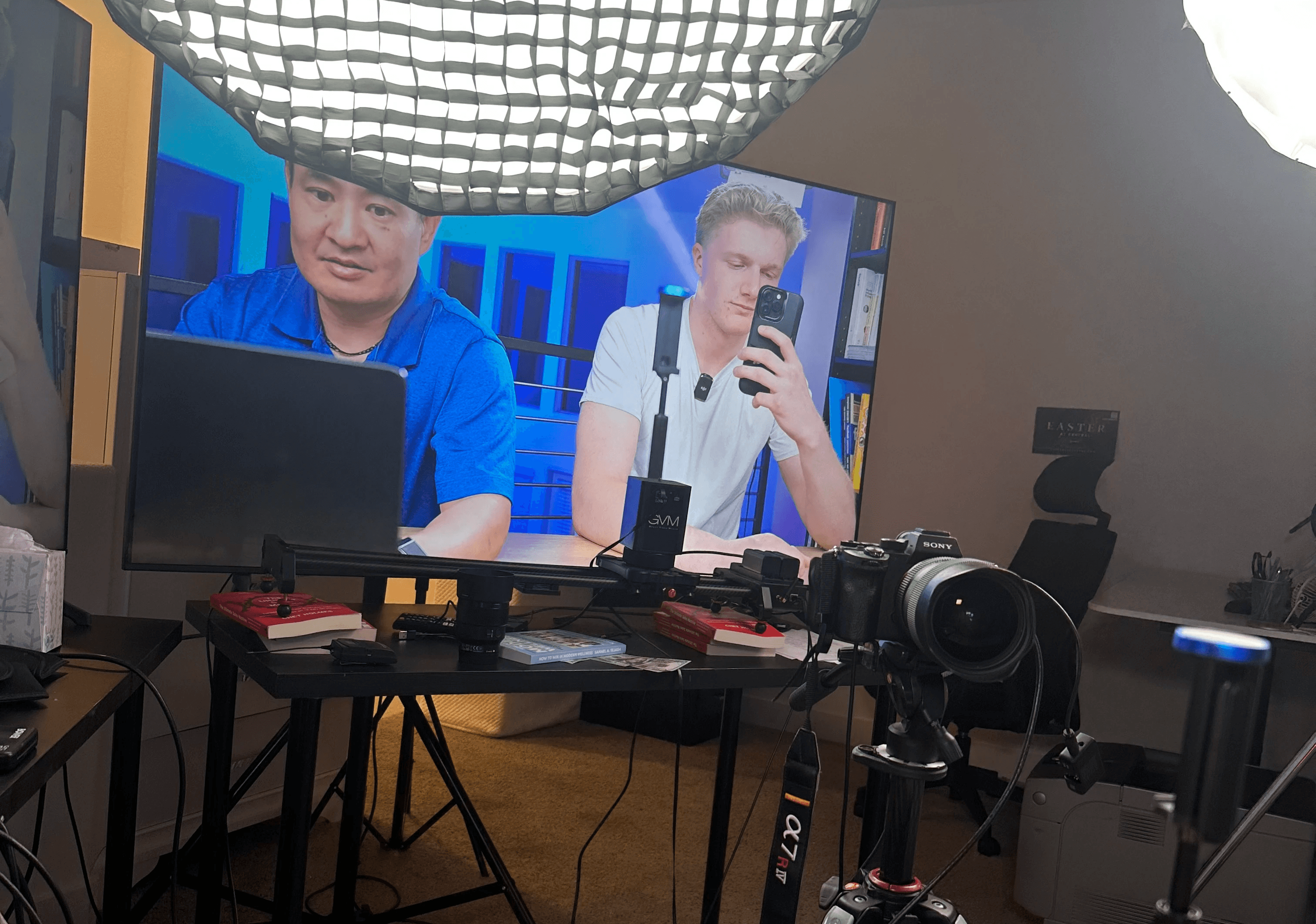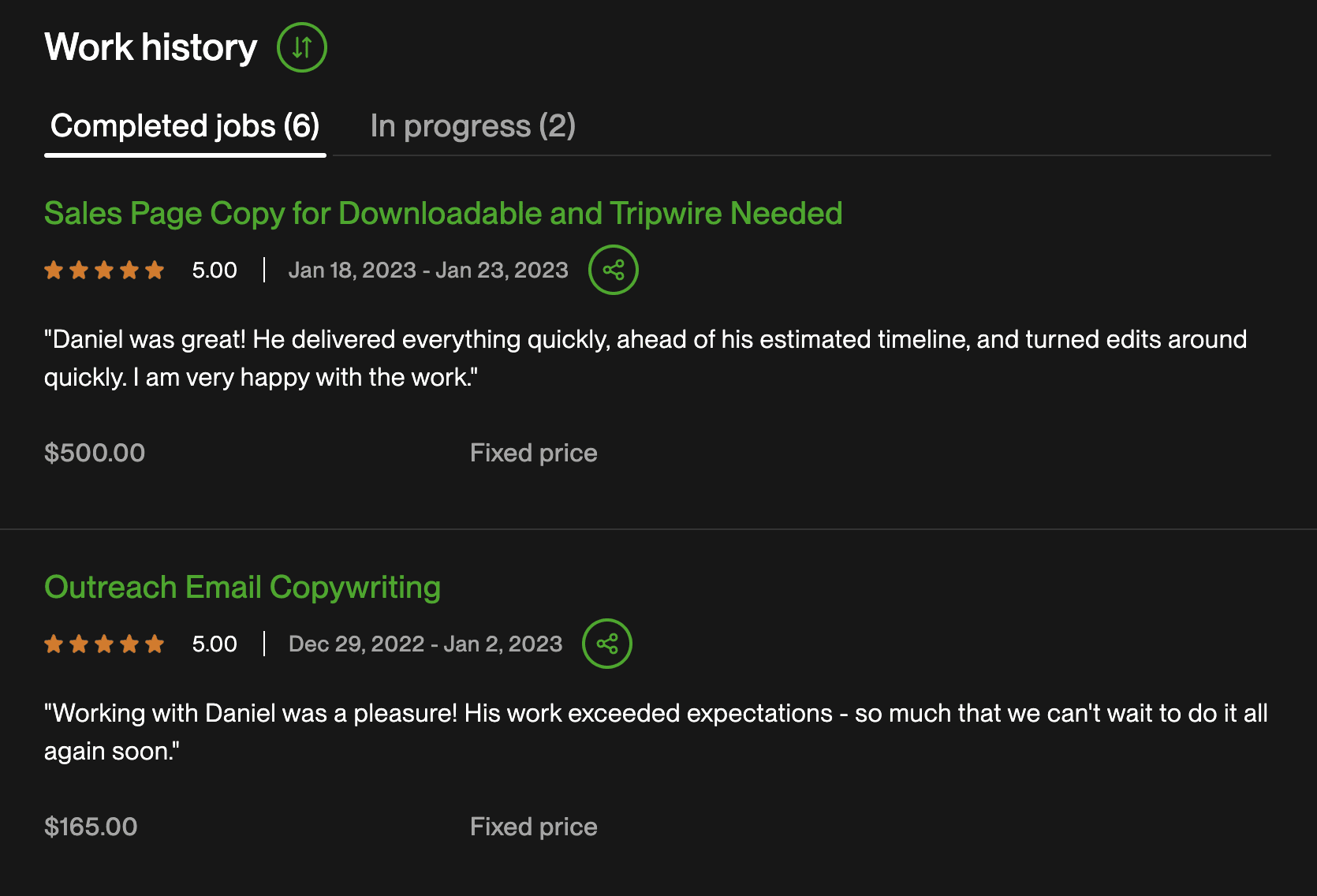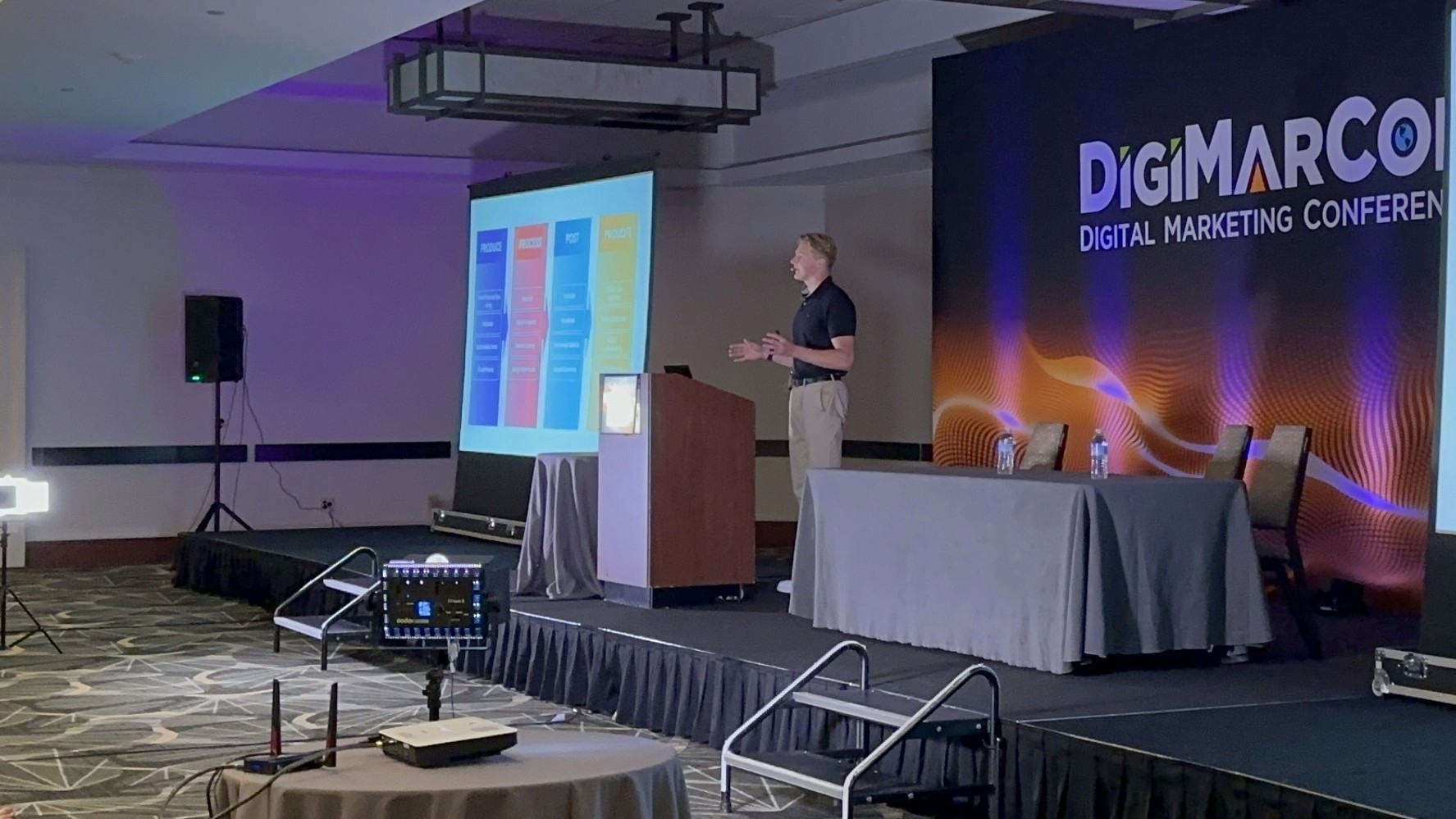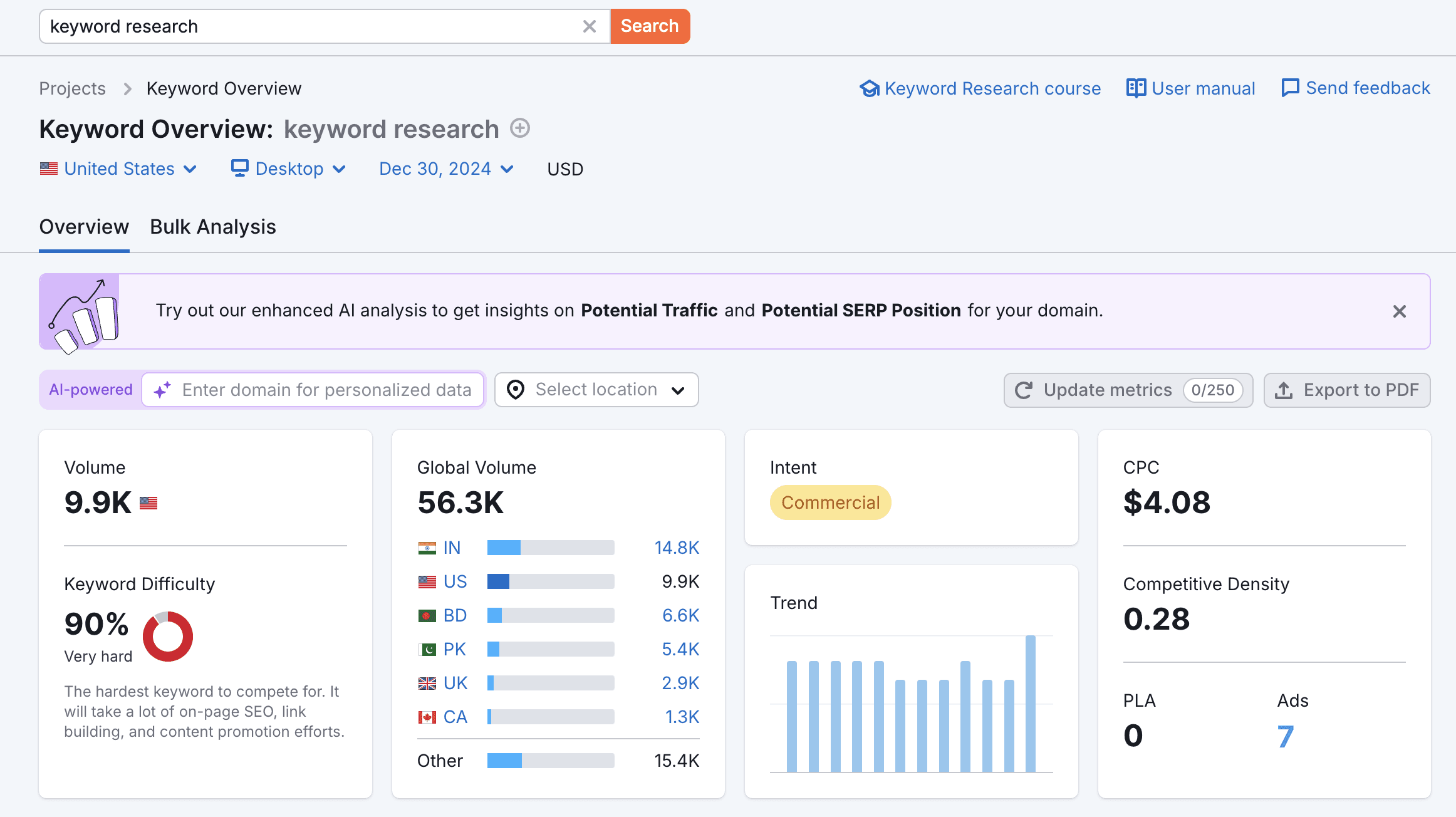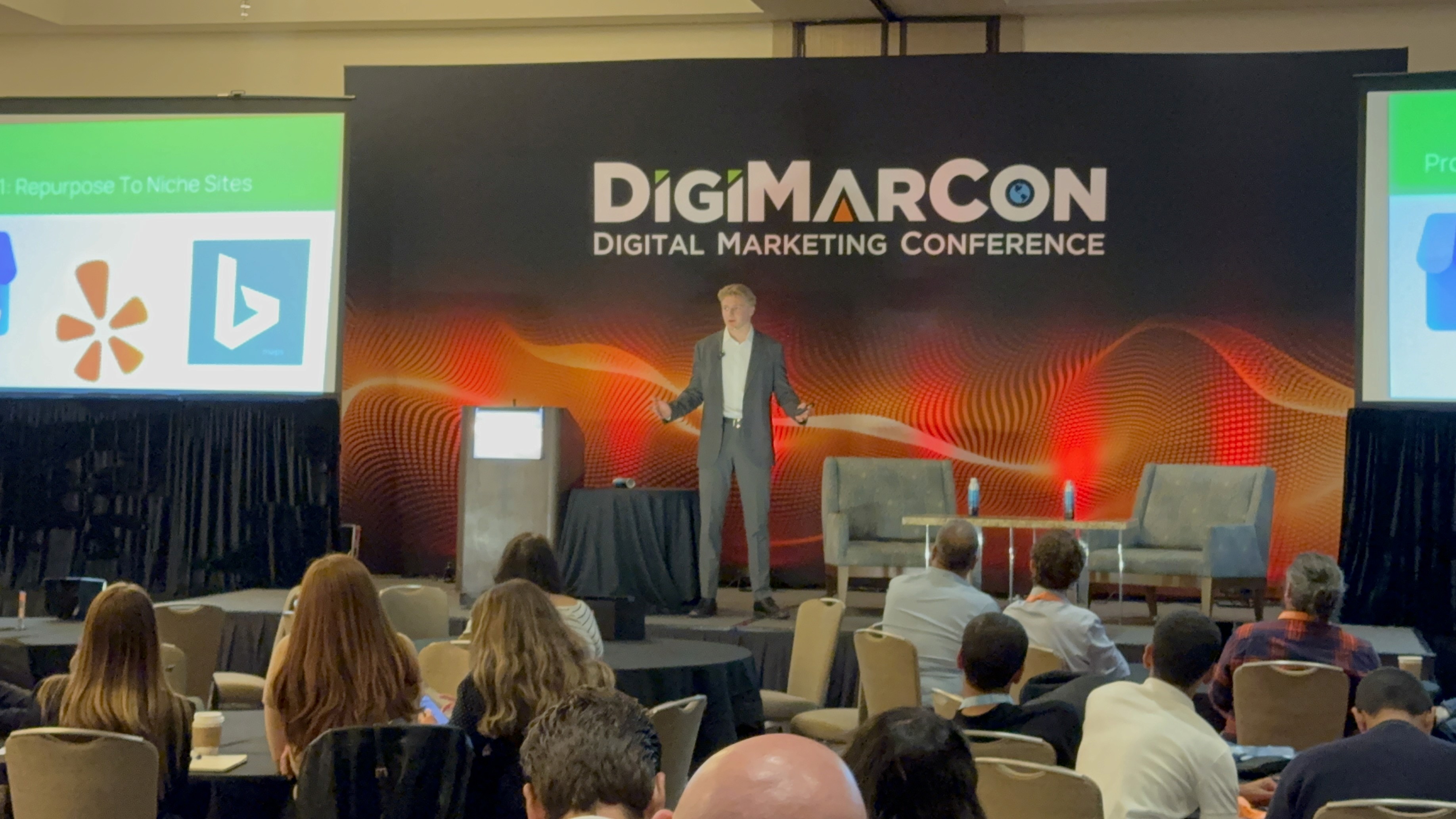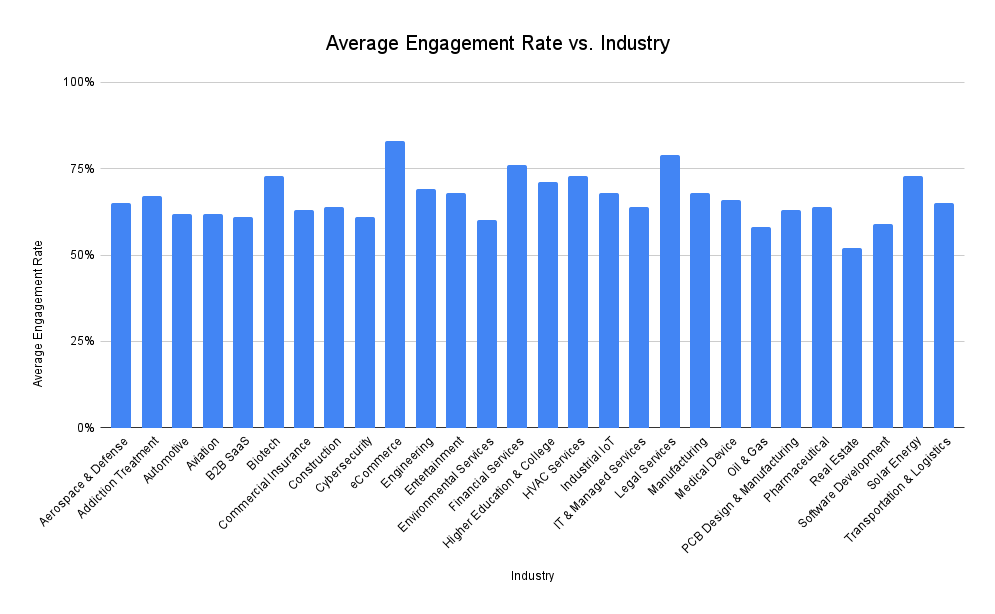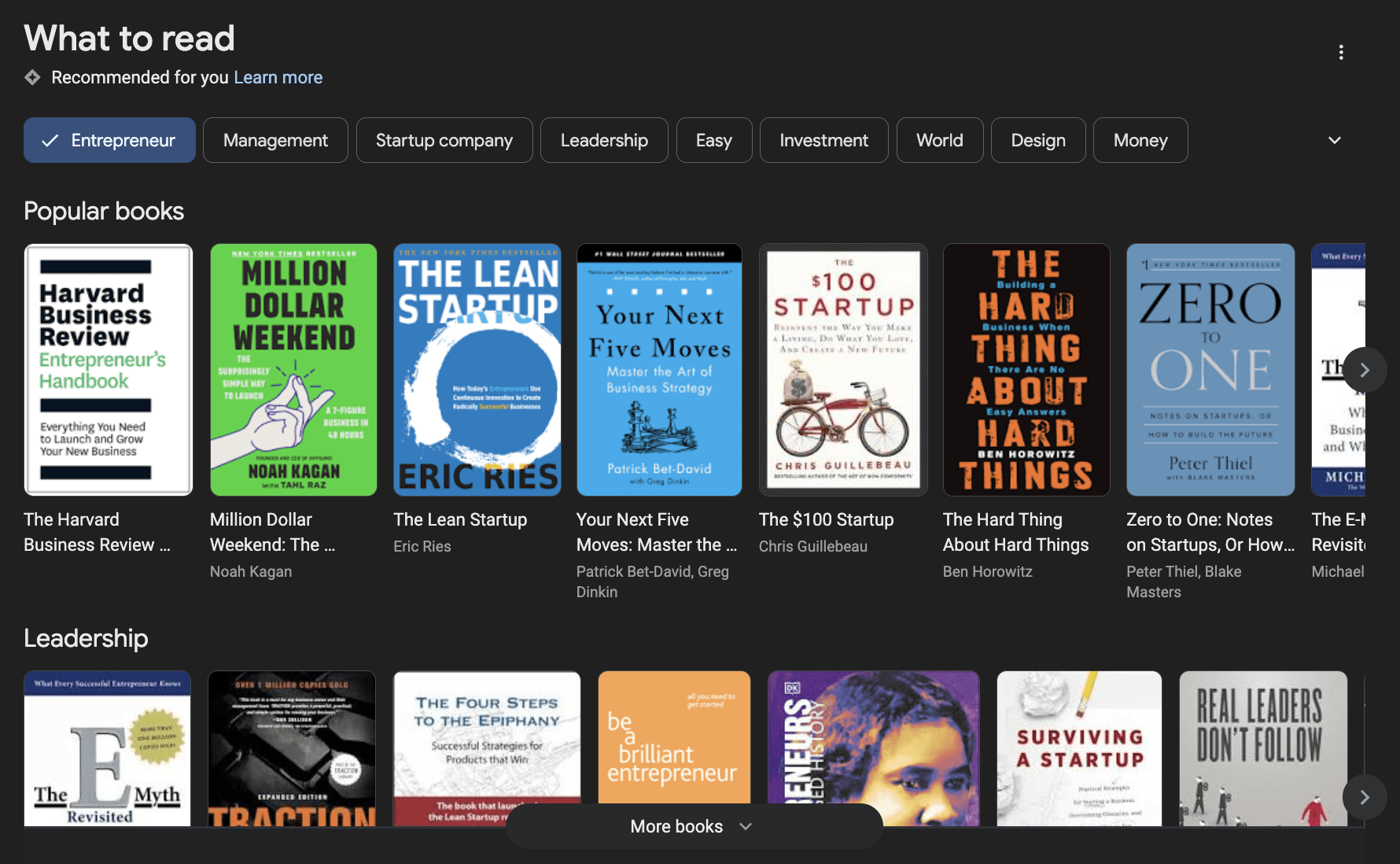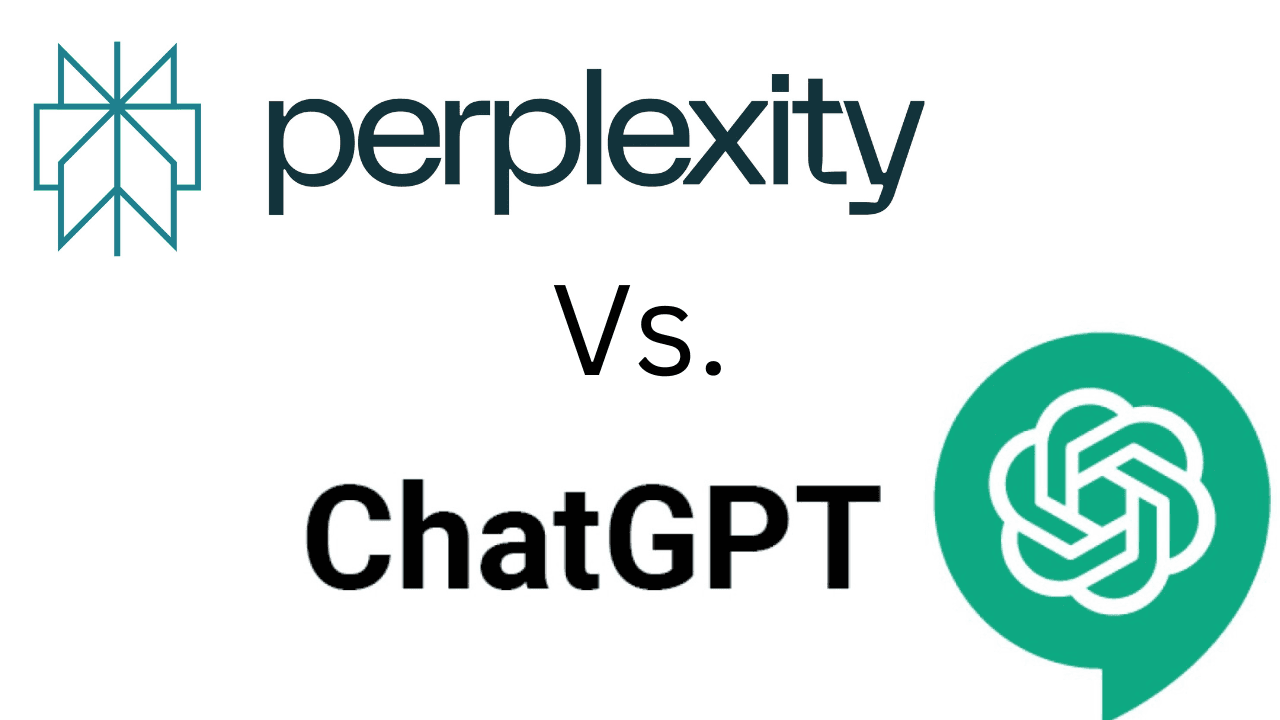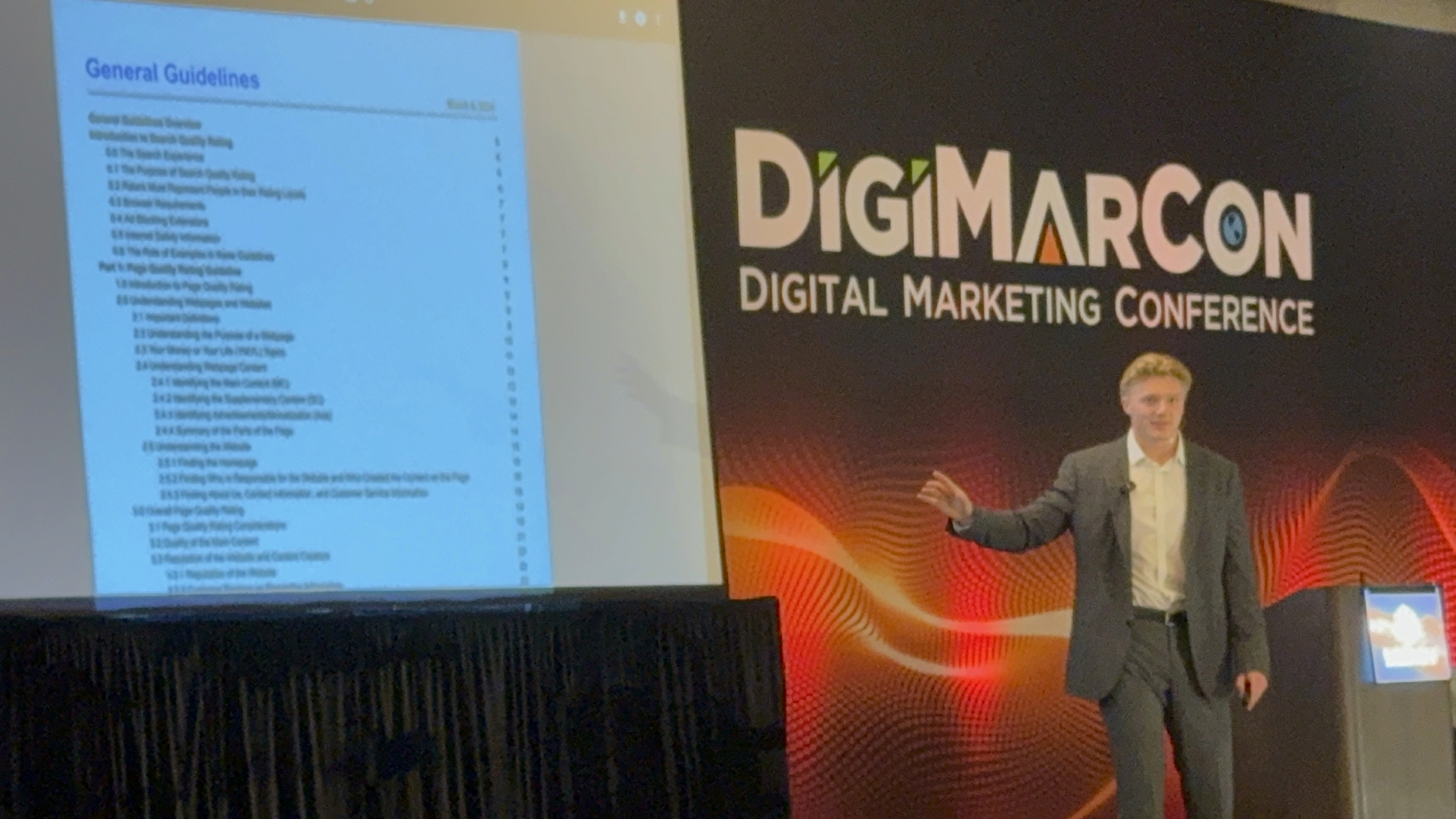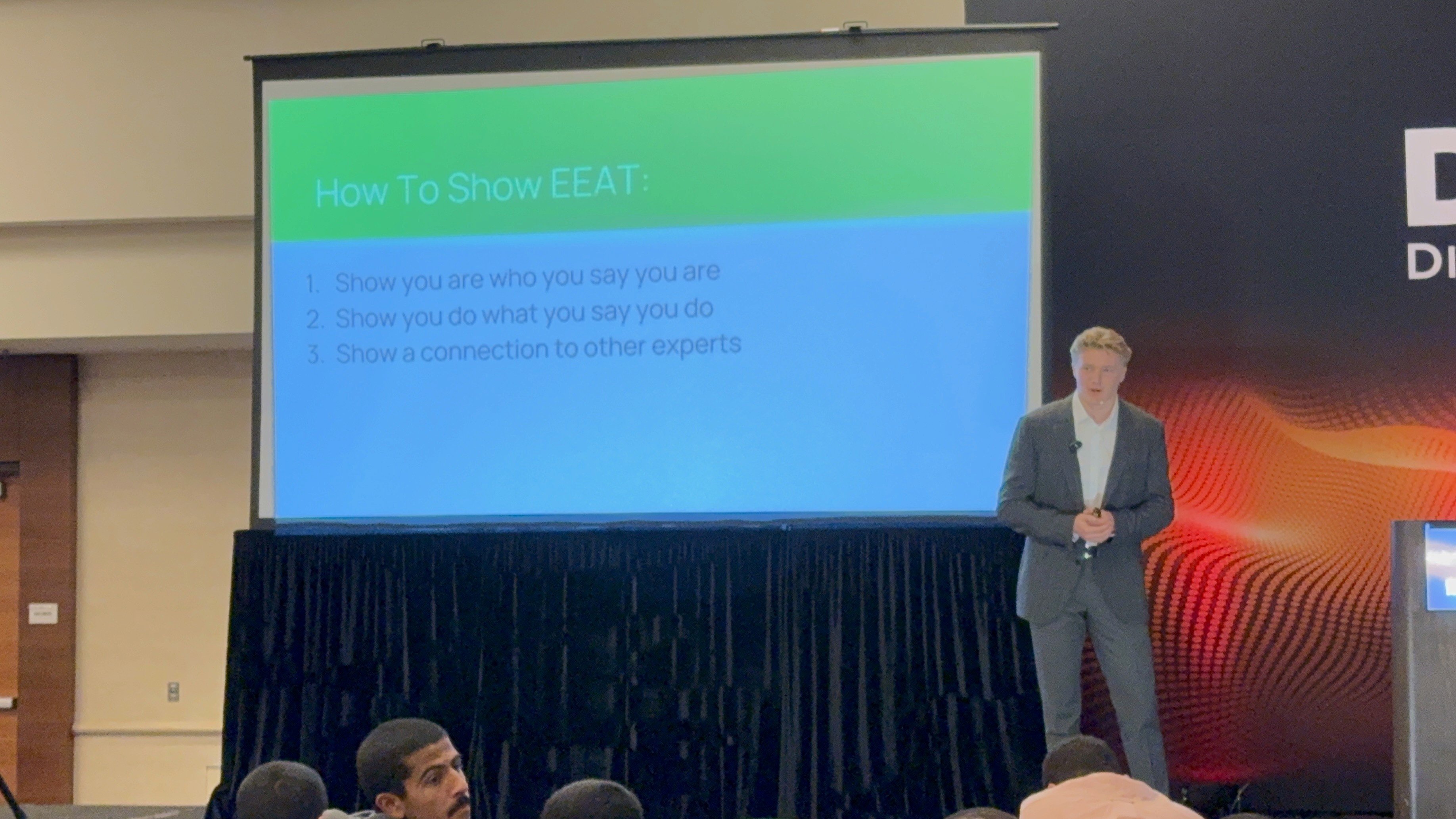Marketing
What Does a Digital Marketing Strategist Do? Insights from My Experience
Jul 4, 2024
In today’s digital-first world, having a strong online presence is crucial for business success. But just being online isn’t enough—you need a strategy to stand out from the competition and reach the right audience. That’s where a digital marketing strategist comes in. As someone who has worked as a digital marketing strategist for several years, I can tell you that this role is all about developing, executing, and optimizing strategies that drive results.
In this post, I’ll share what a digital marketing strategist does, why the role is so important, and the skills required to excel in this field.
/ / / / / / / /
What Is a Digital Marketing Strategist?
A digital marketing strategist is responsible for developing and overseeing the marketing strategies that help businesses achieve their goals through digital channels. These channels include social media, email, search engines, websites, and online ads, among others. The goal of a digital marketing strategist is to create a cohesive plan that drives traffic, generates leads, and ultimately converts prospects into paying customers.
Think of a digital marketing strategist as the architect behind a company’s online marketing efforts. We’re responsible for seeing the big picture and ensuring that every piece of the marketing puzzle fits together in a way that delivers results. If you're still asking, "is digital marketing legit?" click here.
Key Responsibilities of a Digital Marketing Strategist
In my role as a digital marketing strategist, I’ve worn a lot of different hats. Here are some of the core responsibilities that come with the territory:
1. Developing a Digital Marketing Plan
At the heart of what I do is developing a comprehensive digital marketing plan tailored to the specific needs of the business. This plan outlines the target audience, key marketing channels, and tactics for driving traffic and generating leads. It’s a roadmap that ensures all marketing efforts are aligned with business goals.
I often start by conducting an audit of a company’s existing digital presence and analyzing the competition. This helps me understand what’s working, what’s not, and where the opportunities lie. From there, I create a strategy that outlines key objectives, KPIs, and the tools or platforms we’ll use to achieve them.
2. Managing Campaigns Across Multiple Channels
One of the key roles of a digital marketing strategist is managing campaigns across various digital channels. Whether it’s SEO, social media, paid ads, or email marketing, I’m responsible for ensuring that all these channels work together in a cohesive strategy.
For example, I might run a paid search campaign while also optimizing the company’s blog for organic search. At the same time, I’ll manage social media efforts to engage the audience, all while coordinating email campaigns to nurture leads. The goal is to create a unified marketing strategy that increases visibility and conversions.
3. Analyzing Data and Measuring Performance
A big part of being a digital marketing strategist is data analysis. I constantly track the performance of campaigns and adjust strategies based on the results. Using tools like Google Analytics, social media insights, and marketing automation platforms, I monitor key metrics like traffic, conversion rates, engagement, and ROI.
I’ve found that being data-driven is crucial for success in this role. By analyzing performance regularly, I can make informed decisions about what’s working, what needs tweaking, and where to allocate resources for the best results.
4. Optimizing Content and SEO
Content marketing and SEO (Search Engine Optimization) are cornerstones of digital marketing, and a large part of my job is optimizing content for both users and search engines. This involves everything from creating blog posts, landing pages, and social media content to improving website SEO.
I focus on keyword research, on-page SEO, and ensuring that all content aligns with the overall marketing strategy. The goal is to drive organic traffic through valuable content that resonates with the audience while ranking well in search engine results.
5. Staying Up-to-Date with Digital Trends
The digital marketing landscape is always evolving, and staying up-to-date with the latest trends is crucial for success. I make it a priority to stay informed about algorithm changes, new marketing tools, and emerging trends like voice search, AI in marketing, and changes in user behavior.
As a digital marketing strategist, I’m always learning and adapting my strategies to ensure my clients remain competitive in their industry.
Why Is a Digital Marketing Strategist Important?
In today’s hyper-competitive online environment, having a digital marketing strategist on board is more important than ever. Here’s why:
a) Holistic View of Marketing
A digital marketing strategist ensures that all your marketing efforts work together. It’s easy to fall into the trap of focusing on just one channel, like social media or PPC, but to succeed, you need a well-rounded strategy. A strategist looks at the big picture and ensures all the channels complement each other.
b) Data-Driven Decisions
Without data, marketing becomes guesswork. A digital marketing strategist constantly analyzes performance and adjusts tactics based on real-time data. This means your marketing dollars are being spent efficiently, and you’re constantly improving the return on investment (ROI).
c) Maximizing Resources
Whether you’re working with a large marketing budget or a smaller one, a digital marketing strategist knows how to maximize your resources. We understand which channels will deliver the best results based on your goals and can allocate resources accordingly. This ensures you’re getting the most bang for your buck.
d) Keeping Up with the Latest Trends
The digital landscape changes fast. A digital marketing strategist stays ahead of trends, ensuring that your marketing efforts don’t fall behind. Whether it’s adapting to new algorithms or jumping on emerging platforms, staying current is key to remaining competitive.
Key Skills of a Successful Digital Marketing Strategist
From my own experience, here are some of the skills that are critical for success as a digital marketing strategist:
1. Analytical Thinking
Being able to analyze data and make informed decisions based on that data is crucial. Digital marketing is a numbers game, and those numbers tell you whether your strategy is working. I spend a lot of time analyzing metrics and using those insights to optimize campaigns.
2. Creativity
While digital marketing relies heavily on data, creativity is just as important. Coming up with fresh ideas for campaigns, content, and strategies helps keep things engaging and relevant. Whether it’s creating eye-catching ads or writing compelling blog posts, creativity is essential.
3. Adaptability
Digital marketing evolves quickly, and being able to adapt to new tools, platforms, and trends is key. I’ve learned that the best strategies are flexible—what works today may not work tomorrow, so it’s important to stay agile and willing to pivot when necessary.
4. Technical Knowledge
Understanding how various digital marketing tools and platforms work is a must. Whether it’s Google Analytics, CRM systems, marketing automation platforms, or SEO tools, having the technical know-how is critical to executing and tracking campaigns effectively.
Final Thoughts on the Role of a Digital Marketing Strategist
A digital marketing strategist is the glue that holds all of a business’s online marketing efforts together. From planning and executing campaigns to analyzing performance and optimizing for the future, we play a pivotal role in helping businesses grow online.
If you’re looking to improve your digital marketing results or build a strategy from the ground up, working with a digital marketing strategist can help you create a plan that drives meaningful results. It’s all about seeing the big picture, making data-driven decisions, and ensuring that your marketing efforts work together in harmony.
Latest
More Blogs By Danny Leibrandt
Get the latest insights on business, digital marketing, and entrepreneurship from Danny Leibrandt.

























